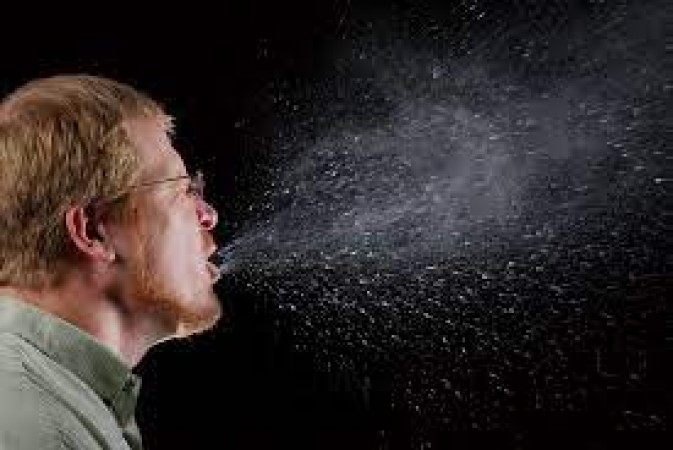
Frequent sneezing, although commonly dismissed as a minor inconvenience, can sometimes indicate underlying health issues that should not be ignored. While the occasional sneeze is a natural response to irritants in the nasal passages, persistent or frequent sneezing may be a sign of an underlying health condition.
Respiratory Infections: Frequent sneezing can be a symptom of respiratory infections such as the common cold, flu, or sinusitis. These infections can weaken the immune system and lead to more severe complications if left untreated.
Allergies: Allergic reactions to various environmental triggers such as pollen, dust, pet dander, or mold can cause frequent sneezing. Allergies left unmanaged can impact daily life and worsen over time.
Nasal Irritation: Exposure to irritants like strong odors, smoke, or pollutants can trigger frequent sneezing. Chronic exposure to these irritants may lead to inflammation of the nasal passages and respiratory issues.
Underlying Conditions: In some cases, frequent sneezing can be a symptom of underlying health conditions such as asthma, allergic rhinitis, or even nasal polyps. Identifying and treating these conditions is crucial for overall well-being.
Identify Triggers: Pay attention to potential triggers that may be causing frequent sneezing. Keeping a symptom diary can help pinpoint patterns and identify possible allergens or irritants.
Seek Medical Advice: If frequent sneezing is accompanied by other symptoms such as nasal congestion, runny nose, or difficulty breathing, consult a healthcare professional for proper evaluation and diagnosis.
Manage Allergies: For allergies, consider allergy testing to identify specific triggers. Once identified, take steps to minimize exposure to allergens and follow a treatment plan recommended by a healthcare provider.
Practice Good Hygiene: Maintain good hygiene practices such as frequent handwashing, covering your mouth and nose when sneezing or coughing, and avoiding close contact with individuals who are sick.
Use Nasal Irrigation: Nasal irrigation with saline solution can help flush out irritants and relieve nasal congestion, reducing the frequency of sneezing.
Stay Hydrated: Drink plenty of fluids to keep nasal passages moist and reduce irritation. Warm beverages like herbal tea or broth can also provide soothing relief.
Consider Over-the-Counter Remedies: Over-the-counter antihistamines or decongestants may provide temporary relief from sneezing and other allergy symptoms. However, consult a healthcare professional before starting any new medication.
While occasional sneezing is usually harmless, frequent or persistent sneezing can be a cause for concern and may indicate an underlying health issue. By understanding the potential risks associated with frequent sneezing and taking proactive measures to address them, individuals can protect their health and well-being.
Beat the Heat: Water-Rich Fruits for a Refreshing Summer
If you are thinking of losing weight, then eat these 5 types of dishes for breakfast
Health Benefits of Paneer: How to Make Deepti Sharma's Favorite Dish"